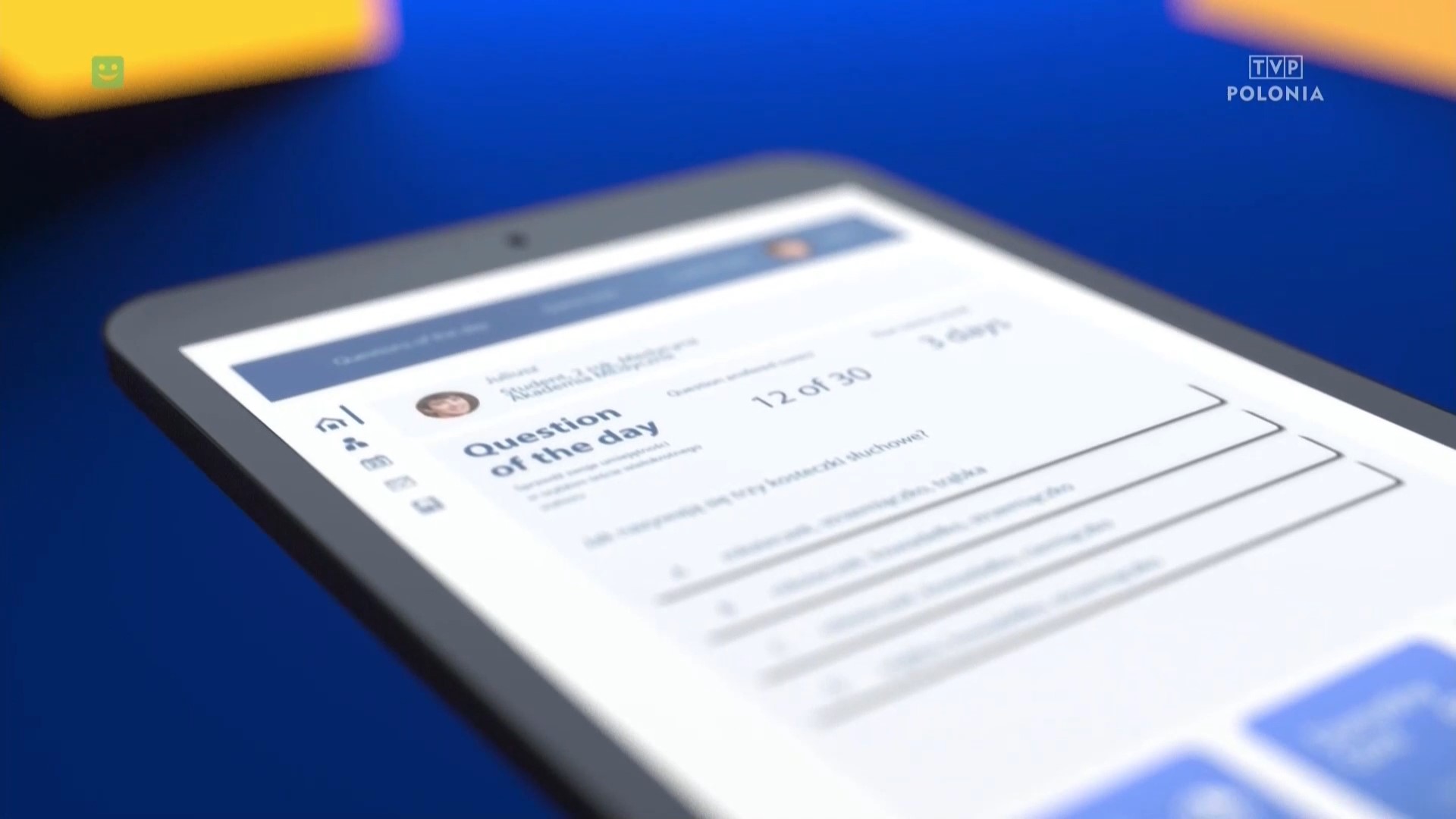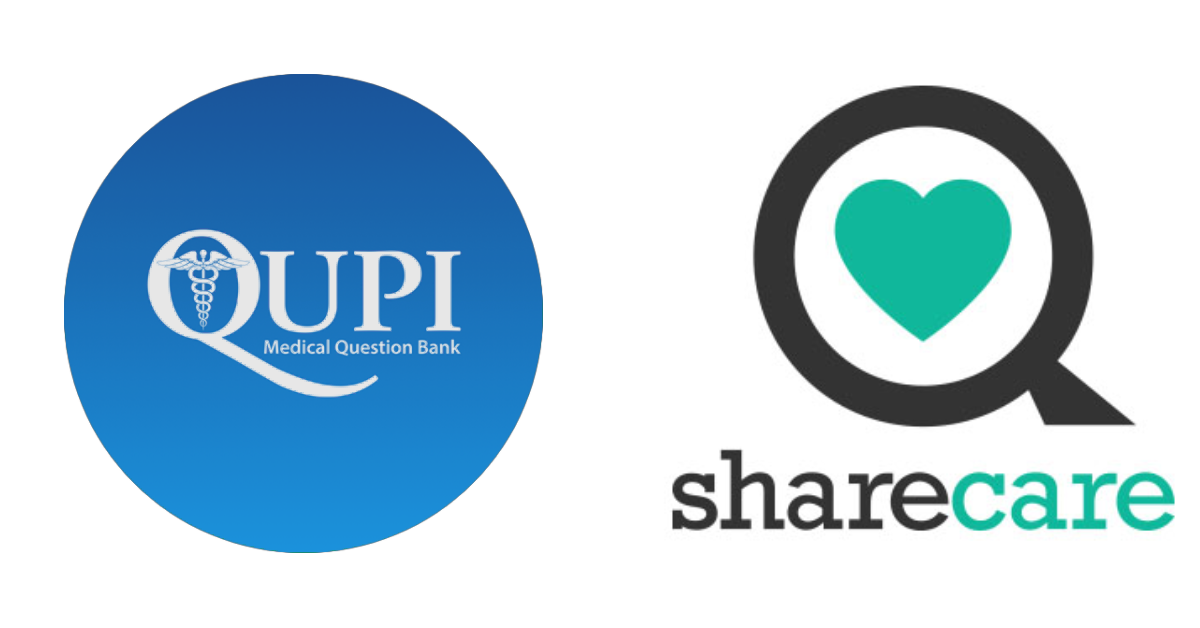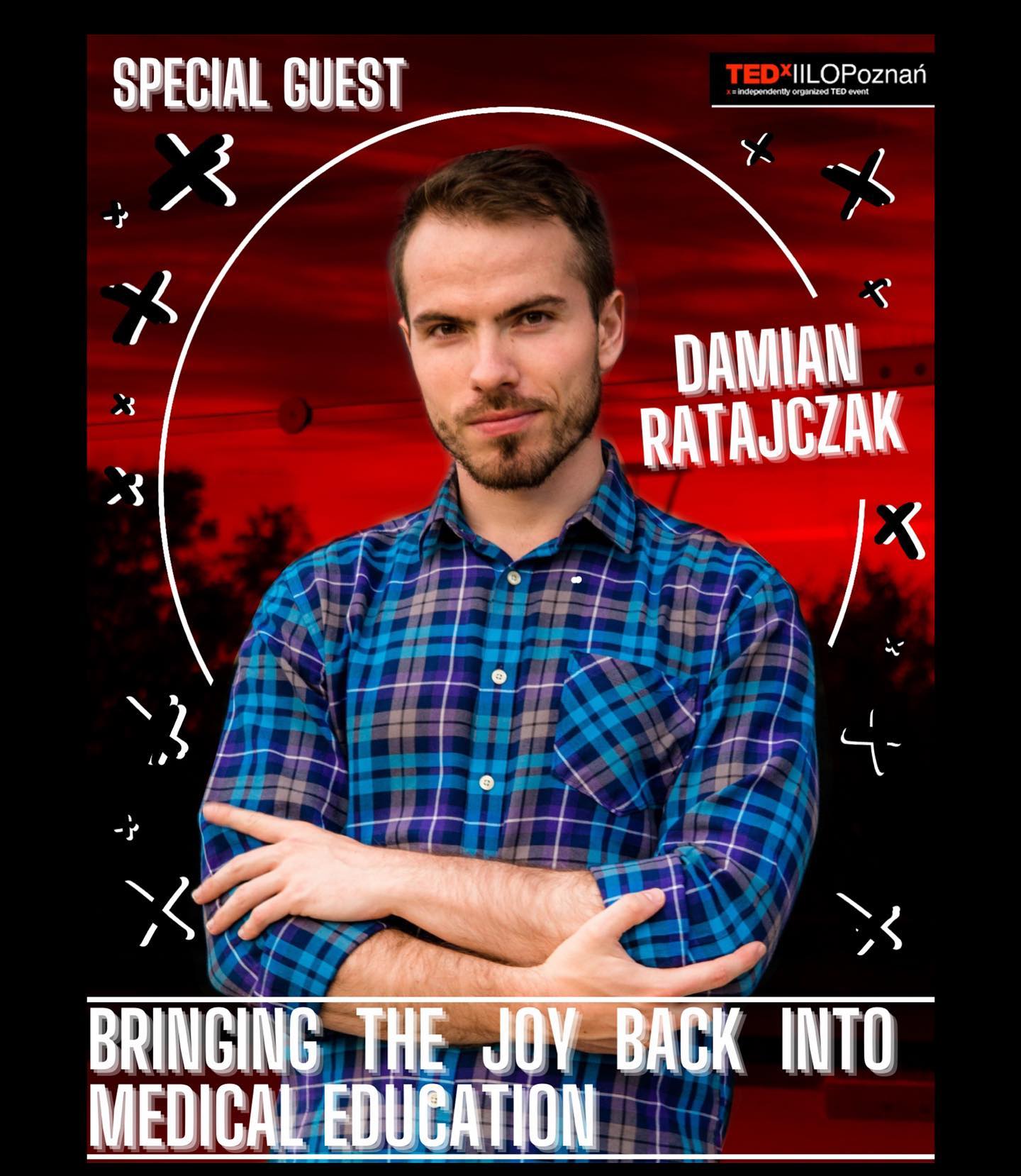Have you all ever heard the phrase: “If you don’t use it, you lose it”? To what degree is this true? When it comes to medical knowledge, it makes perfect sense–specially by considering the amount of info involved.
Each med student has many tasks to deal with so keeping up with the updates and refreshing one’s core knowledge doesn’t seem that easy. Yet, it isn’t that hard if you integrate it into your lifestyle. In view that what works for some doesn’t work for everyone, I’ll present a few best practices for you to decide wisely.
Try to think of knowledge as a lifestyle
In fact, learning should be a lifelong practice; just like the lifestyle changes you’ll be asking patients to make when they are diagnosed with a chronic condition. Let’s put it simple: make it a habit naturally incorporated into your daily life and then it won’t look so overwhelming.
If you are not the kind of student who likes sitting down with a pile of books in a room at the end of the day or during breakfast/lunch/dinner, you might be one of those who prefers learning while being on the go. For example, you could do it on the elliptical machine at the gym or on your daily bus/tram commute. As you sweat it out on the machine, you’ll absorb relevant information that could be beneficial afterwards.
While exercising, you could also listen to specific podcasts. Some suggestions are the New England Journal of Medicine podcast with Steve Morrissey or the one with Joe Elia: NEJM Journal Watch, as well as general news podcasts from NPR or The Economist. It’s not about listening to them all every day; just some of it.
Your smartphone can turn into a useful learning tool while commuting
For instance, you may read Journal Watch content in general medicine, hospital medicine, diabetes, etc. This method might be interesting for those who hear something once and don’t have it down cold, so they need to reinforce the information they get (e.g. some of the daily headlines from First Watch get explored further in Journal Watch stories).
Others are more of visual learners and for that, I would recommend using some question banks as you’d be able to go through a great deal of questions at a manageable pace. You’d also have more time to review what you didn’t answer right. Speeding up your test-taking skills is as critical as increasing your knowledge, as advised by Judi Kesselman-Turkel & Franklynn Peterson in their bestseller work Test–taking Strategies.
Keeping up with the latest information is just part and parcel of the job, and that’s when Qupi enters the game. It makes students review essential topics; the core medical info that is to be constantly reviewed if you want to be a respectful clinician right after your med studies. I believe that is your main goal, isn’t it?
It may sound like doing all this means spending countless hours on learning
Yet, it’s not really the case. It amounts to maybe 15 minutes a day (or a bit more depending on your availability). Just put in a little time up front by signing up for alerts from products like Qupi and it will all come to you. My advice to someone who thinks this is too much work: start small, and build a habit. Don’t bite off more than you can chew (:
Some YouTube channels are handy too
For example, Future Doc House explains medical issues and shares the knowledge he gained through his medical studies. You can also find material linked with microbiology via easy-to-understand and straight-to-the-point practical videos. In this way, you’d benefit from the net.
Go find the sources that suit you better and discover your personalized routine (remember not to compare yourself though, as per my previous article). Once you set it up, sticking to it turns out not to be that tough.
Does any of the recommendations above make sense at all? If so (or if not) please leave your comment or any doubt/question below. A last phrase I’d like you to remember: practice makes perfect, so keep trying and assess your own outcome as you move forward. To subscribe to Qupi, click on the link that follows => Continue with Facebook













